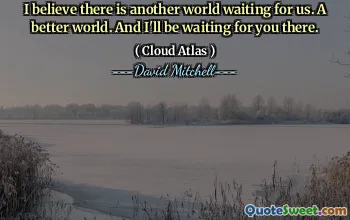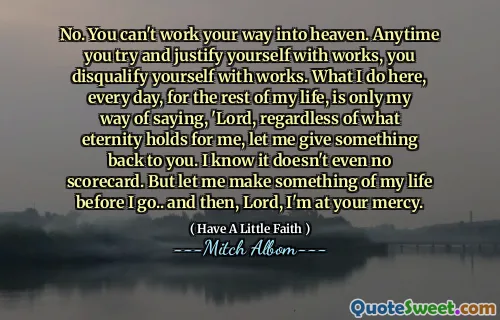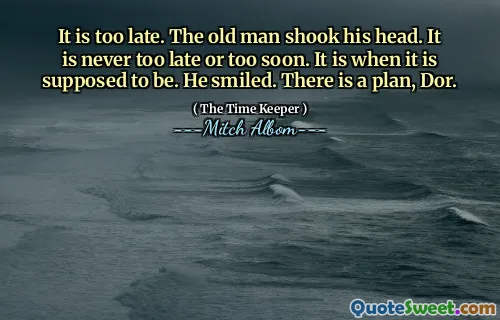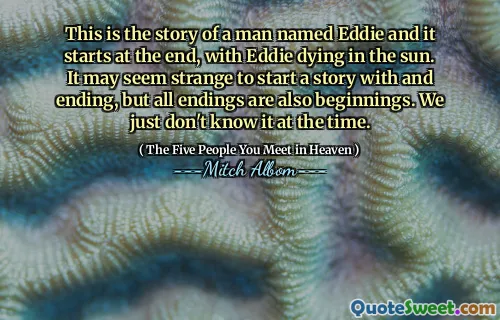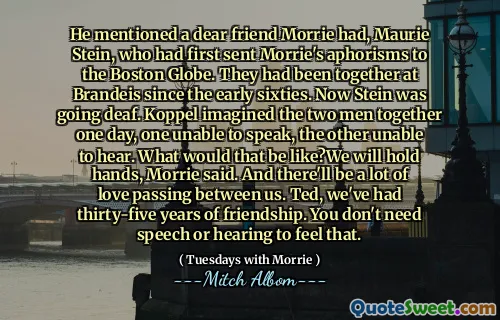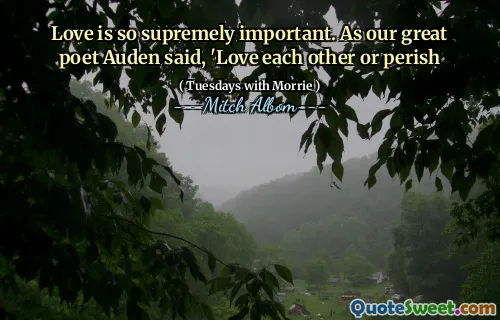
Joy, sadness, confidence, anxiety, love, hatred, fear-all of these feelings and thousands more that make up the human "heart" are as useless to the living dead as the organ of the same name. Who knows if this is humanity's greatest weakness or strength? The debate continues, and probably will forever.
In "The Zombie Survival Guide," Max Brooks explores the complex nature of human emotions, suggesting that feelings like joy, sadness, love, and fear are rendered useless in the face of the zombie apocalypse. These emotions, which are central to human experience, hold no value for the undead, raising questions about their significance for the living. This observation prompts a reflection on whether emotions are humanity's greatest vulnerability or its most profound strength.
The ongoing debate about the role of emotions in a crisis highlights the duality of human experience. On one hand, emotions can lead to irrational decisions or fear-driven actions that may hinder survival. On the other hand, they foster connections, motivation, and resilience essential for overcoming challenges. Ultimately, Brooks emphasizes that understanding the interplay of emotions and survival is crucial, even as the struggle between life and death continues.






